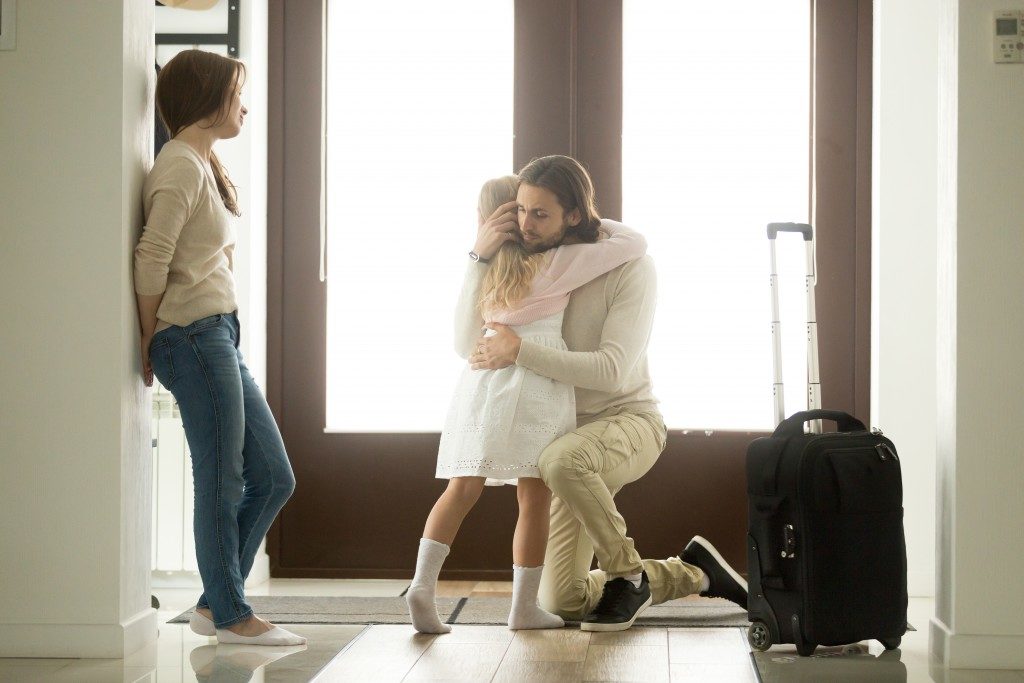Divorce is a confusing period not only for you, but for your children as well. In fact, the moment you break the news of your separation, they will have many questions about such a decision. There’s no one, single answer how you can answer them, but as a general principle, you want to be straightforward to avoid further confusion. Expect to hear these questions below after announcing your divorce to kids:
1. ‘Is it my fault?’
Even if you do reassure them at the start of your talk that it’s not, they will still wonder if they’re to blame for your decision. You have to understand that kids, especially the younger ones, don’t have the ability yet to process marriage issues between parents, so they tend to assign fault to them. They’ll attribute it to them not being lovable enough or them doing something wrong. From there, they might tell you they’ll straighten up just so you can get back together.
In other instances, kids take the guilt because the divorcing parents keep pointing fingers at each other. To make sense of the conflict and end the blaming game, children own up to it. All the same, it’s important to tell your child constantly that it’s not their fault and not make them feel like it. Be direct in saying that you and your spouse have tried everything to make things work, but it just wasn’t working anymore. More importantly, quit bickering. Not only for the benefit of your children, but for both of you as well. If you can aim for an uncontested divorce, the better.
2. ‘Will you get back together?’
 No matter how firm you are at saying you’re separating, kids will always feel like there’s hope in you being reunited. For them, it’s not over. In fact, they may try to do things to reconcile you back. In this case, tell them straightforwardly that you’ve already made the decision, but reassure them that even though you and your spouse aren’t together anymore, you’ll still be there for your kid. Sometimes, they just need that kind of emotional security.
No matter how firm you are at saying you’re separating, kids will always feel like there’s hope in you being reunited. For them, it’s not over. In fact, they may try to do things to reconcile you back. In this case, tell them straightforwardly that you’ve already made the decision, but reassure them that even though you and your spouse aren’t together anymore, you’ll still be there for your kid. Sometimes, they just need that kind of emotional security.
Do note that there’s a separation period of at least 12 months to apply for divorce. As family lawyers and Townsville-based practitioners noted, you can still live under the same roof with your spouse, but you have to lead ‘separate lives,’ meaning sleeping in different rooms, cooking your own food (and doing other chores separately), having different bank accounts, etc. When kids see these changes around your family dynamics, that might help them get used to the fact that you’re indeed breaking up.
3. ‘Where will I live?’
Another variation of this is ‘Can we still live together?’ once they know that they’re going to be spending the majority of their time with one parent only. In this case, you just have to explain clearly the decision of the court. Be clear about the changes that will happen, namely, where they will stay most of the time, who visits when, whether or not they need to change schools, and how they can explain to friends their two homes. Try to make the explaining as short and simple as possible. You don’t want to overwhelm and confuse your kids with too much information. It’s also best if you do this talk with your ex present so your child will know that you’re in this decision together.
While you’re talking about the changes, don’t neglect the ‘constants,’ too. Children need a sense of stability in such a turbulent time like this. If you can promise them that they’ll have the same bed at each other’s house or the same after-school activities, do that and follow through it.
Remember that it’s not just you who’s struggling in this major life transition. Your kids are, too. Be prepared to answer their questions. Aim to remove any confusion or insecurity in them.

